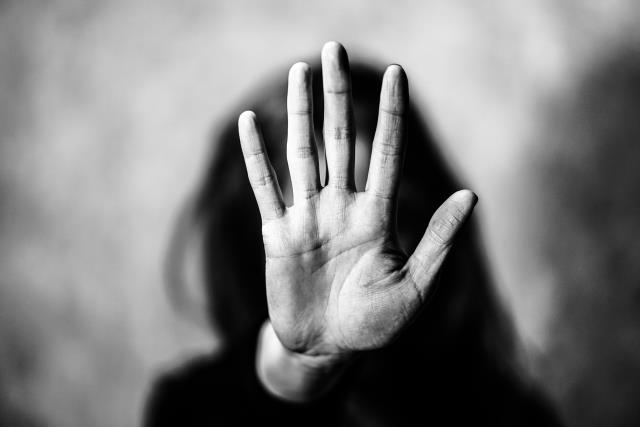By Danielle Kutchel
Family violence takes many forms, and a new project aims to identify and disrupt one of its more modern and insidious forms.
Homelessness and family violence support service Wayss has partnered with safety assessment provider Protective Group to create the Nicholson Project, which explores new ways of disrupting digital abuse.
A report into the pilot has just been released, and the results show just how needed the approach is.
Research suggests that 99.3 per cent of family violence workers in Australia have clients who had experienced technology-facilitated stalking and abuse.
“It’s well-known in the sector that technology, social media and online means are used as a way to perpetrate abuse and exact coercive control over family violence survivor-victims,” explained Robyn Roberts, who oversaw the pilot as general manager of client services at Wayss.
“Wayss has increasingly heard from family violence victims referred to our service that they believed they are being tracked, stalked and controlled by their abuser using technology.
“Others referred to us were unaware this often-hidden form of abuse was happening to them and their children, leaving them vulnerable to further abuse.”
The question was how to protect survivor-victims and their families, as quickly as possible.
Early intervention against high-tech abuse is not always part of the immediate response from family violence services.
And, the ever-increasing sophistication of technology and the internet is often beyond the capacity of family violence workers.
“We needed a way to provide a skilled, targeted early intervention that assessed the digital vulnerability of family violence victims, removing the threat of technology-facilitated abuse and enabling their ongoing safety,” Ms Roberts said.
Typically, services like Protective Group will visit survivor-victims to conduct a physical assessment of their safety, including their online devices.
The aim of the Nicholson Project was to complete these assessments remotely.
This can reduce the amount of time needed to make vulnerable families as safe as possible.
After this remote assessment, if vulnerabilities are identified, Protective Group will conduct an in-person assessment.
The report into the project found that interpreters and in-language information are important tools.
For the assessment, families need to charge all their devices and gather information about all accounts – from social media to financial.
The report also found that many survivor-victims don’t believe they are experiencing technology-facilitated abuse – highlighting that all survivor-victims should take the assessment, even if they don’t believe they are at risk.
Finally, the report noted that children and young people can become victims too, or be used as proxy abusers by the perpetrator, so their devices need to be included in the assessment.
Ms Roberts said the pilot had positive benefits for survivor-victims.
“We found that participants felt more confident that they were not being tracked and abused via technology as well as in their knowledge and ability to manage their use of technology and online platforms,” says Ms Roberts.
The pilot comes at a key time, with the south east continuing to record some of the highest rates of family violence in the state.
According to the latest crime statistics, the City of Casey recorded an 8.6 per cent increase in family incidents to the end of June 2021 – the third straight rise.
Greater Dandenong recorded a 0.3 per cent increase, and Cardinia 1.8 per cent.
Wayss and Protective Group are now focused on building their knowledge in the area and increasing the availability of the project.
“The ability to deliver the service remotely in the first instance provides huge potential to scale this up to make this kind of support available to more victims of family violence across Victoria and Australia,” Ms Roberts said.
If you are in need of assistance, contact:
The Orange Door on 1800 271 170 or orangedoor.vic.gov.au, or Wayss at wayss.org.au
If you or a loved one are in immediate danger, call Triple Zero.







